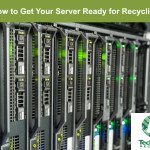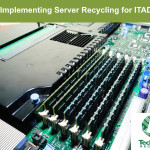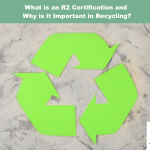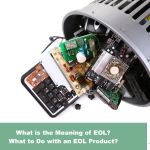Contents: Electronic Equipment Used in the Insurance Industry | Ensuring Optimal Safety through Secure Data Destruction | List of Insurance Company E-waste Items That We Recycle | How is ewaste in the Insurance Industry recycled by TechWaste Recycling Inc.? | Choosing the Right Insurance Equipment Recycling Company
Responsible Disposal and Recycling of Insurance Company Equipment
In the dynamic landscape of the insurance industry, technological advancements are inevitable. As the industry evolves, so does the equipment utilized by insurance companies. From computers to printers, staying up-to-date with these tools is crucial to ensure smooth operations and competitive advantage. Proper and responsible disposal of insurance company equipment is paramount. With sensitive data often stored on these devices, ensuring they are recycled in a secure and environmentally friendly manner is not just a legal obligation but a moral one. Failure to do so can result in data breaches, legal liabilities, and environmental harm.
Responsible e-waste recycling holds significant implications for insurance companies across multiple fronts. From a business standpoint, it mitigates risks associated with data breaches and regulatory non-compliance. For employees, it fosters a culture of environmental responsibility and ensures their workspace remains safe. Clients benefit from knowing their data is handled with care, enhancing trust and reputation. Lastly, the environment gains from reduced electronic waste, minimizing pollution and resource depletion.
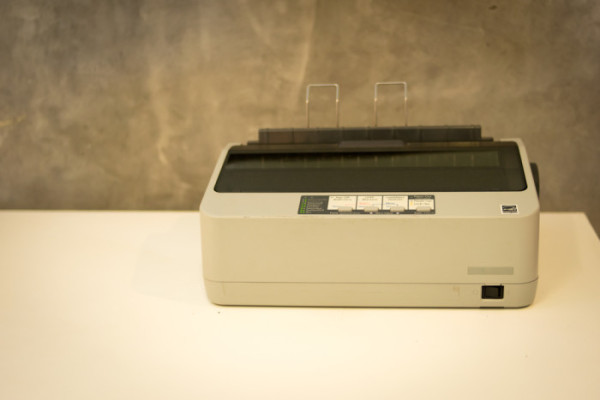
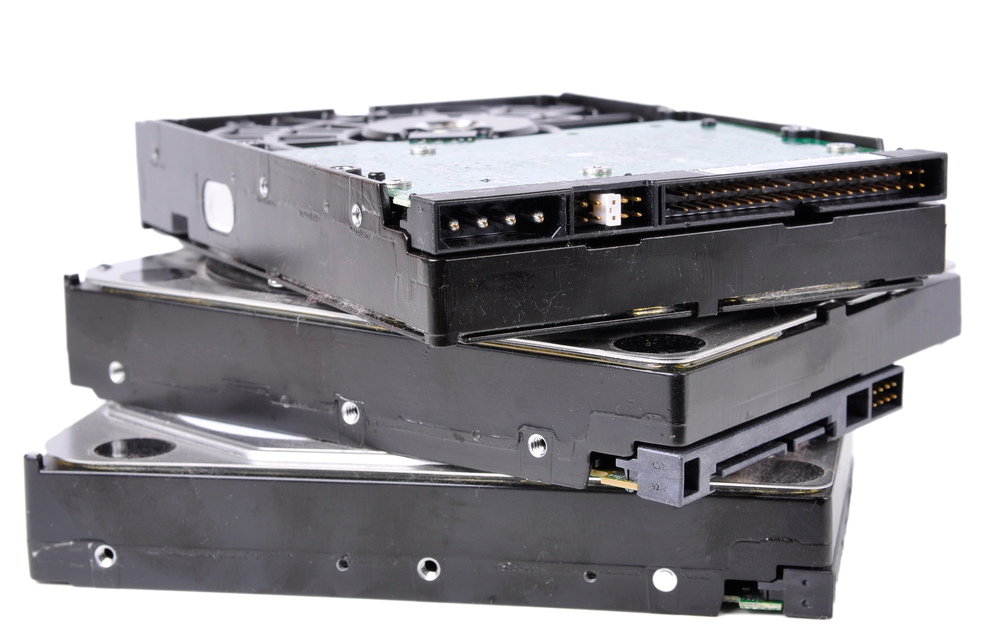
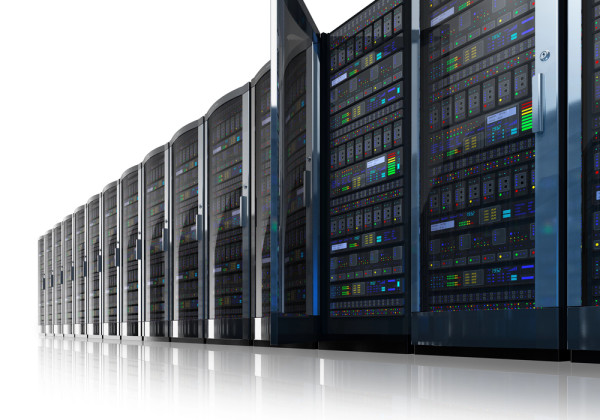
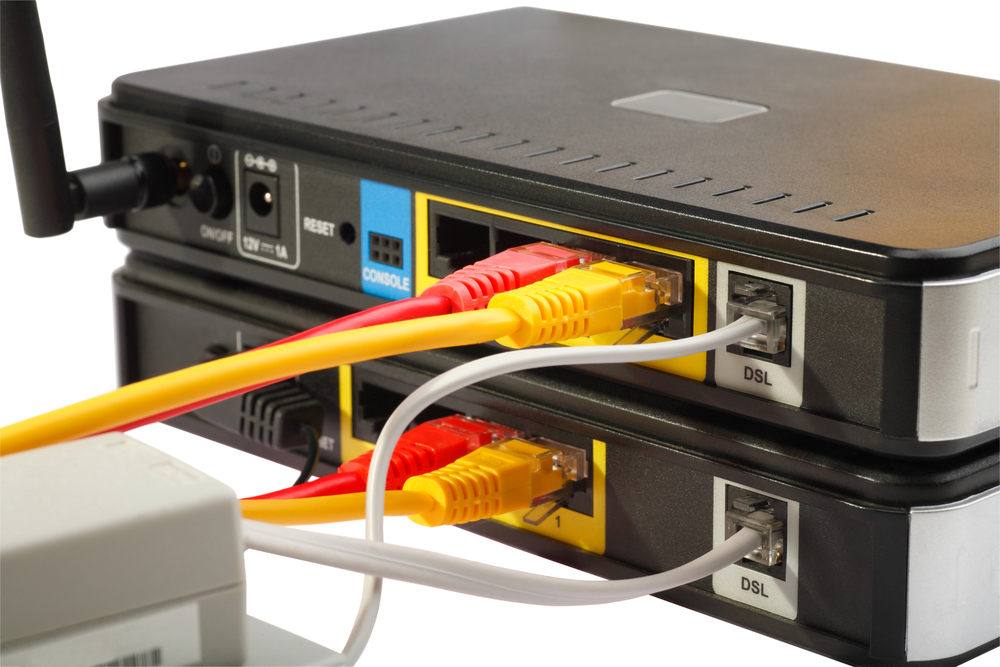
Electronic Equipment Used in Insurance Companies
In insurance companies, electronic equipment plays a pivotal role in daily operations, facilitating efficient data management and client communication.
DOT Matrix Printers
A dot matrix printer (DMP) is a type of printer that uses pins to impact an ink ribbon and create printed output. Although considered outdated, DMPs have a unique specialty: they can produce multiple copies of text simultaneously using carbon copying. In the insurance sector, they are commonly used for printing multipart forms, such as policies, claims, and invoices.
Hard Drives
HDDs are internal or external storage devices that store digital data using spinning disks (platters) coated with a magnetic material. Read/write heads move across these platters to access data. HDDs are commonly used for long-term data storage, backups, and archival purposes in the insurance industry. They efficiently store policy documents, claims records, customer information, and historical data. Their cost-effectiveness and ample storage capacity make them suitable for managing large volumes of data.
Mainframe Servers
Mainframes are high-performance computers with large memory and data processors. Mainframes serve as critical components for commercial databases, transaction servers, and applications that demand high resiliency, security, and agility. In the insurance industry, mainframes play a pivotal role in managing vast amounts of data. They enable secure and efficient processing of policies, claims, customer records, and historical data. Modernizing mainframes allows insurers to enhance business capabilities, drive digital transformation, and adopt cloud operating models.
Routers
Routers are devices that receive and send data on computer networks. They play a crucial role in connecting various devices to the internet and creating efficient business networks. By managing data traffic, routers improve internet access and facilitate seamless communication within insurance companies and between insurers and their client.
Replacing obsolete or outdated equipment within insurance firms requires responsible disposal and recycling to reduce environmental harm. TechWaste Recycling offers customized solutions to ensure the appropriate management and recycling of old machinery, promoting sustainable practices in the sector.
Secure Data Destruction of Insurance Records is Important.
TechWaste Recycling utilizes 4 primary methods of data destruction for your insurance company’s records.
1. DBAN: Secure data wiping and erasure software designed to delete contents on any hard disk.
2. Degaussing: Degaussing involves using a machine that produces a strong electromagnetic field to destroy all magnetically recorded data.
3. Stake Punching: A physical destruction process that involves the crushing of media platters and storage devices units.
4. Shredding: Units are shredded and material remains are recycled to original commodities. TechWaste Recycling’s data destruction methods allow for a high volume of completely erased hard drives and media tapes enabling us to handle any large project type requiring data destruction.
List of Insurance Company E-waste Items That We Recycle
- DESKTOPS
- LAPTOPS
- WORKSTATIONS
- FLAT SCREEN LCD
- CRT MONITORS
- DOT MATRIX PRINTERS
- EXTERNAL STORAGE DEVICES
- GREENBOARD IN QUANTITY
- POWER SUPPLIES
- MAINFRAME
- MAIL SERVERS
- COMMUNICATION SERVERS
- VOIP PHONES
- BACKBONE UNITS
- SWITCHES
- ROUTERS
- FIREWALLS
- WIRELESS EQUIPMENT
- NETWORK CARDS
- SERVER APPLIANCE
- SMART PHONES
- CELL PHONES
- TABLETS
How is ewaste in the Insurance Sector recycled by TechWaste Recycling Inc.?
CLICK HERE TO SEE TECHWASTE’S HIERARCHY OF RESPONSIBLE RECYCLING
Selecting the Right Recycling Center for Your Insurance Company
Does your insurance company have ewaste equipment to collect for electronics recycling? Picking the right data destruction and electronic recycling company for your insurance company equipment is fundamental. Luckily for you, TechWaste Recycling Inc. offers a complete range of electronic recycling, data and product destruction, and IT asset disposition solutions for your insurance company that are secure, sustainable, and responsible. TechWaste facilities are monitored by CCTV and carry ISO 14001, ISO 45001, ISO 9001, and R2v3 Certifications as well as being compliant with HIPPA, PCI DSS, PIPEDA, NIST, GLBA, FACTA, and CJIS.
Customer service is vital to TechWaste Recycling Inc. and each client is assigned an individual account manager to assist throughout the entire process including detailed Certificate of Destruction reports. Contact us for e-waste pickup.





